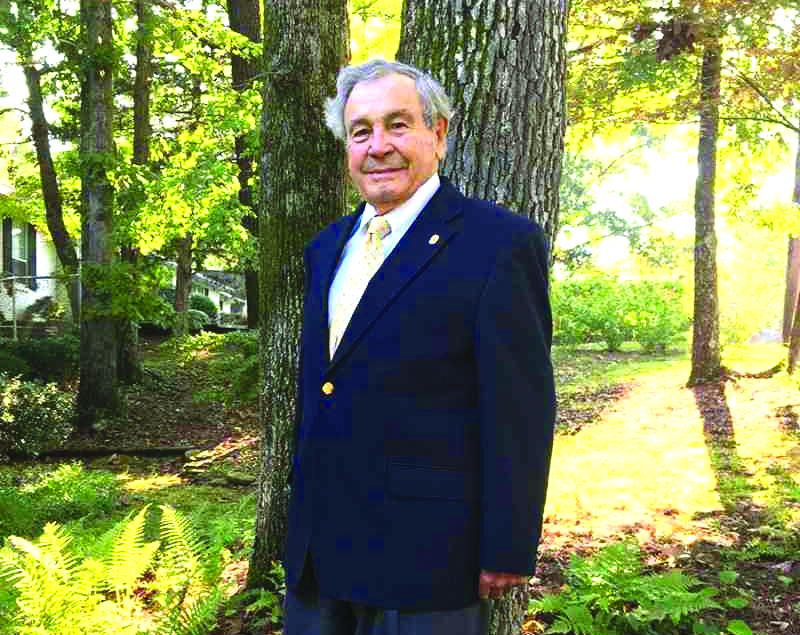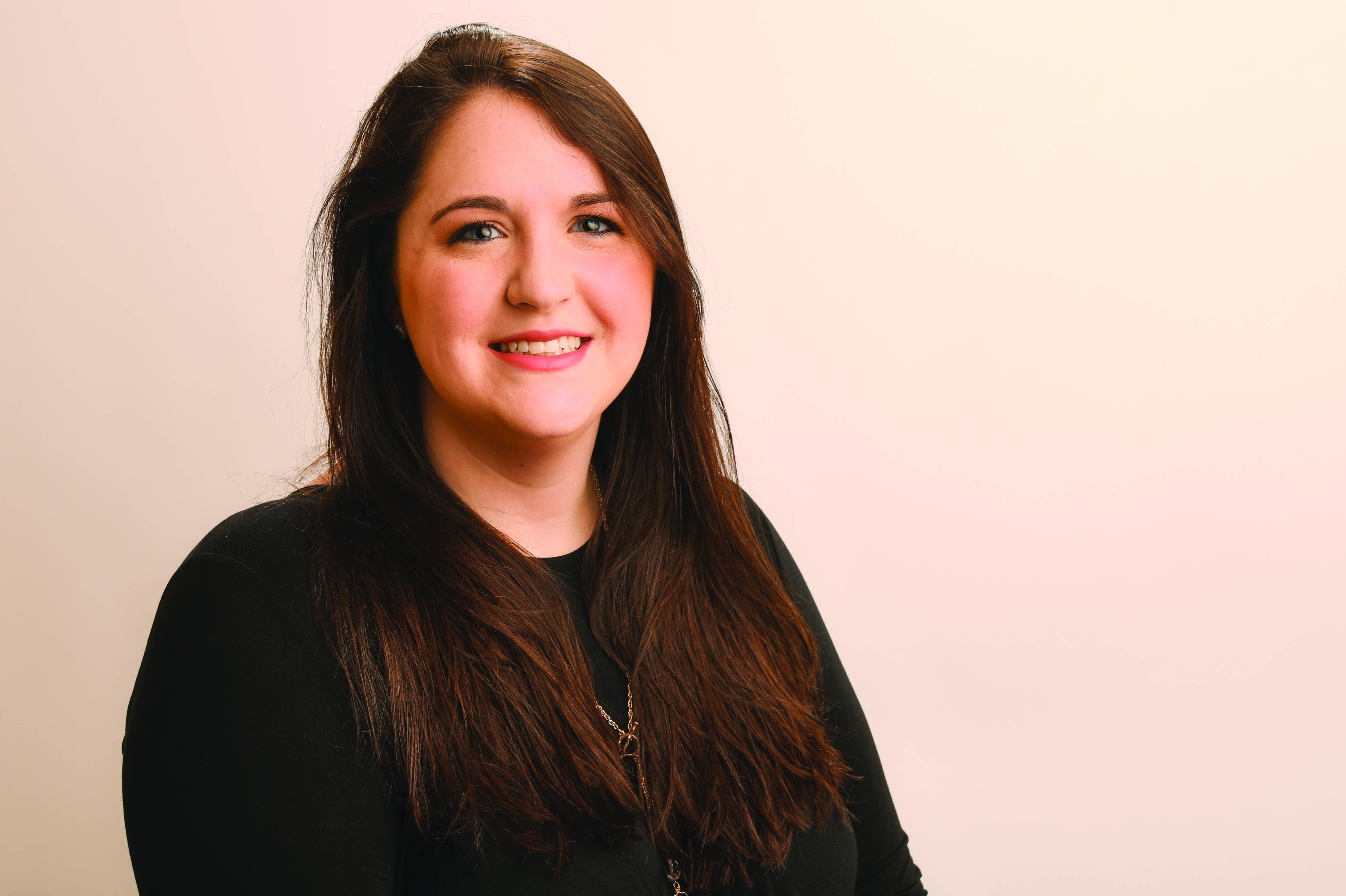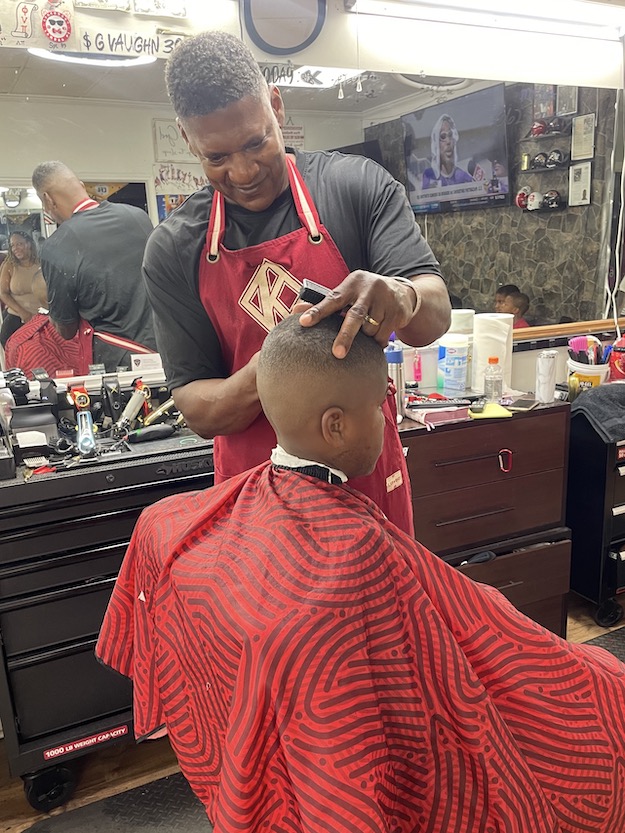Oxford Rotary Club marks 100th anniversary
Published 6:10 am Wednesday, March 27, 2024

- Bill Dye joined the Rotary Club in 1968 and is the longest serving active member. (Contributed)
Celebrating a Century
The Rotary Club of Oxford marked a significant milestone as it celebrated its centennial anniversary this month. For a century, this esteemed organization has been a beacon of service, community engagement and fellowship in the Oxford area.
From its humble beginnings to its current impact, the Oxford Rotary has left an indelible mark on the community and continues to uphold its principles of service above self.
Trending
Founded on March 12, 1924, the Oxford Rotary Club emerged during a time of societal change and community development. Since its inception, the club has been an integral part of the fabric of Oxford, actively engaging in various philanthropic endeavors and initiatives aimed at improving the lives of its residents.
Over the past century, the club has evolved and adapted to meet the changing needs of the community while staying true to its core values.
The Rotary Club of Oxford was founded as the 1,665th Rotary Club in the world. Its charter members included the following: Alexander Bondurant, university; Dr. John C. Culley, physician; Oscar Douglass, undertaker; Earl Fudge, groceries; Dr. Billy S. Guyton, physician; R.L. Holley, automobile dealer; Frontis L. “Abe” Linker, banking; David G. Neilson, merchant; Lemuel E. Oldham, attorney; George W. Price, newspaper; Rev. Frank Purser, First Baptist Church; Percy Lee Rainwater, superintendent of public schools; W.M. “Mack” Reed, druggist; Dr. P.W. Rowland Jr., physician; Thomas H. Somerville, banking; Robert L. Tomlinson, jeweler; and James R. “Ralph” Wilson, hardware.
Dr. John C. Culley was the first president of the Rotary Club of Oxford. He graduated from Vanderbilt Medical School in 1909 and became a professor of medicine in 1914. He owned and was superintendent of the former Oxford Hospital, also known as The Culley Hospital on Van Buren Avenue from 1924 through 1966, when he died.
Alexander Bondurant, MA, served as the second president of the Rotary Club of Oxford. He was the first football coach at Ole Miss and was often referred to as the father of football at the university. He died in 1937.
The club has spearheaded countless community service projects, including educational initiatives, health awareness campaigns, environmental conservation efforts and support for local charities and nonprofit organizations.
Trending
The club’s first project was paving South Lamar Boulevard on the Square. Other projects include paying for the pavilion at Pat Lamar Park and the new fountain structure in the pocket park next to City Hall.
The club also established the Moak Scholarship in honor of Franklin Edwin Moak, son of longtime Oxford Rotarian Dr. Frank Moak and Helen Hutchcraft Moak. Franklin died of cancer April 20, 1971, at 17 years old. He was in his senior year at OHS. The scholarship was established in May following his death and to this day it provides tens of thousands of dollars in scholarships.
In 1988, the club admitted its first African American member, Cornell Smith, who worked for South Central Bell and now lives in Starkville.
The club’s first woman joined in 1987 when Nina Goolsby of the Oxford Eagle was admitted as an honorary member. A year later, in 1988, Vicki Sneed and Martha May were admitted as full members. Rotary International voted in 1989 to change the constitution to officially allow clubs to admit women.
Throughout its 100 years, the club has met at several locations, from the Colonial Hotel in 1924, to the University Cafeteria in the mid-’40s, to Admiral Benbow Inn in 1970, to the Oxford-University Club from 2002-2015, and now at the Courtyard Marriott on Tuesdays at noon.
To commemorate its 100th anniversary, the Oxford Rotary Club recently held a grand gala event, bringing together current and past members, community leaders and supporters to celebrate the club’s rich history.
Part of that history is Bill Dye, who is the Oxford’s club oldest member. He joined in 1968 and has remained an active part of the group; even during the pandemic, he kept up his membership.
He went to Ole Miss law school and then went on to be an assistant U.S. attorney before retiring in 2004. He continues to go to the weekly lunch meetings.
He said he has stayed with the Rotary for so long because he believes in what it stands for. “It’s an organization of people who are interested in community service and improving the area where we live,” he said.
Abigail Barnett, 19, is the club’s youngest and newest member. Joining the Rotary has been a family affair, and she wanted to continue the tradition.
“I moved here to Oxford in August to start studying Southern Studies on a premed track,” she said. “Growing up, I had the privilege of being a part of Rotary, as my dad was the International Zone 30/31 public image coordinator. He used to take me to Rotary meetings and volunteer with the club, and I knew from a young age that I wanted to join Rotary once I turned 18.”
On her 18th birthday, she became a Rotary member of the Gallatin Rotary Club. When she moved to Oxford for school, she also became a member of the Oxford club.
She hopes other younger folks will join the Rotary and follow in her footsteps. “Young people can make a significant difference in their communities by addressing smaller issues that are in our backyard and global issues,” she said. “Rotary can provide a platform for young people to make a difference and work towards a better future.”





